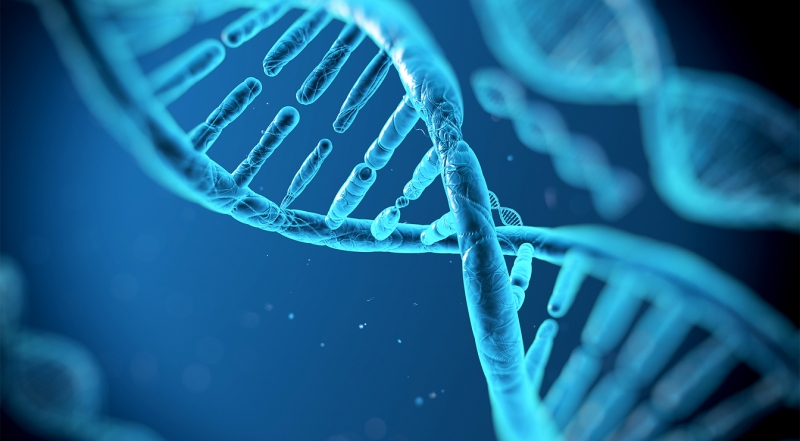Is DNA Storage in Our Future?
Scientists have long known about the amazing storage capacities of DNA. But recent technological breakthroughs mean that DNA may soon be used to store digital information commercially. It may sound like science fiction, but, from a scientific standpoint, commercial biological digital data storage is possible.
So how does it work? And can we really expect to we see our data encoded in DNA any time soon?

According to a report by ScienceDaily, researchers have developed one of the first complete systems to store digital data in DNA. At a time when technology companies routinely build huge datacentres to store the massive amounts of data modern consumers create (baby photos, emails, cat pictures, movies, financial transactions, and so on), the news that DNA storage has the potential to store all of the world’s digital information in just 9 litres of liquid must be music to these companies’ ears.
DNA stores information by using the pattern of nucleic acid to encode all the instructions your cells need to assemble proteins that make up the structure and functional parts of your body. Indeed, collectively, DNA carries most of the genetic instructions used in the development, functioning, and reproduction of all known living organisms and many viruses.
The scientists’ new technique, in which the amount of data that would normally fill a Walmart supercentre can be shrunk down to the size of a sugar cube, is so interesting because the world is producing data faster than the capacity to store it. Indeed, the “digital universe” (which comprises of all the data contained in our computer files, historic archives, movies, photo collection, and business data and analytics) is expected to hit 44 trillion gigabytes by 2020. That amount of data would fill six stacks of computer tablets stretching to the moon and back!
It’s clear, then, that DNA storage is a possible solution to the world’s data problem. But it may not be a viable one. Cost is a huge factor, and UK researchers recently estimated that the cost to encode one MB of data to DNA would exceed $12,000.
That said – bearing in mind that the price of reading data back is only estimated at $200 – if the price of encoding could be brought down (and scientists will certainly be looking to develop cheaper and more efficient encoding techniques), there’s no reason why biological storage could be a real possibility.
What do you think about commercial digital DNA storage? Science fiction or soon-to-be science fact?
Email me your thoughs.
